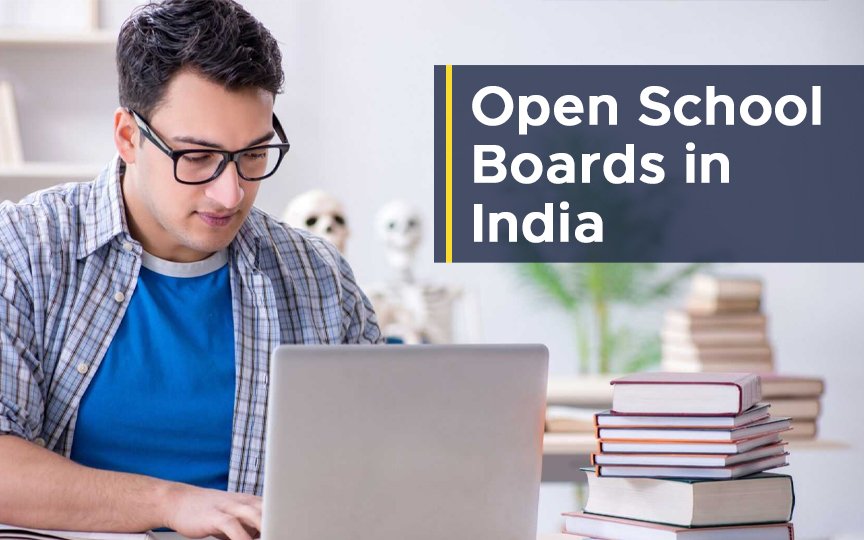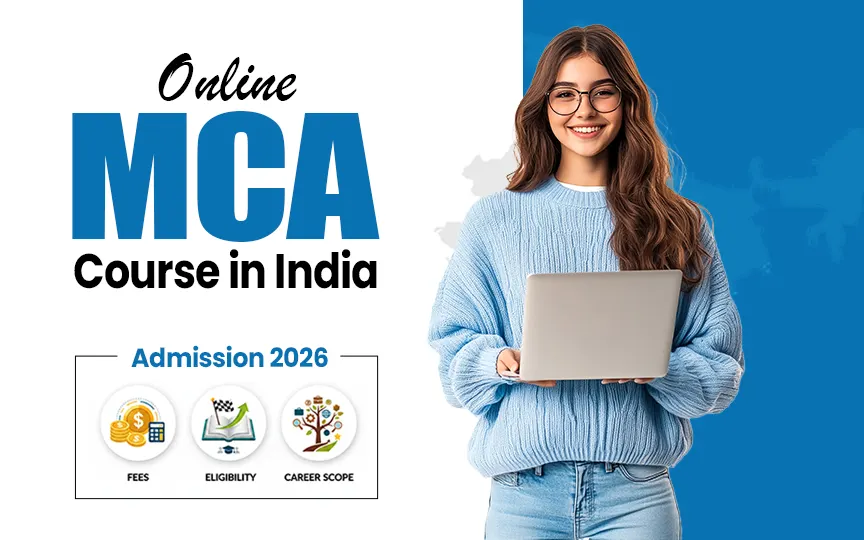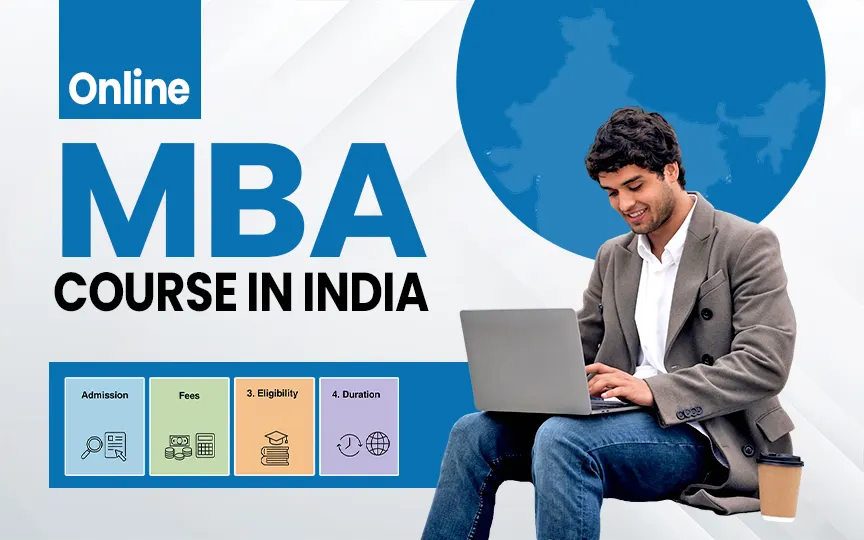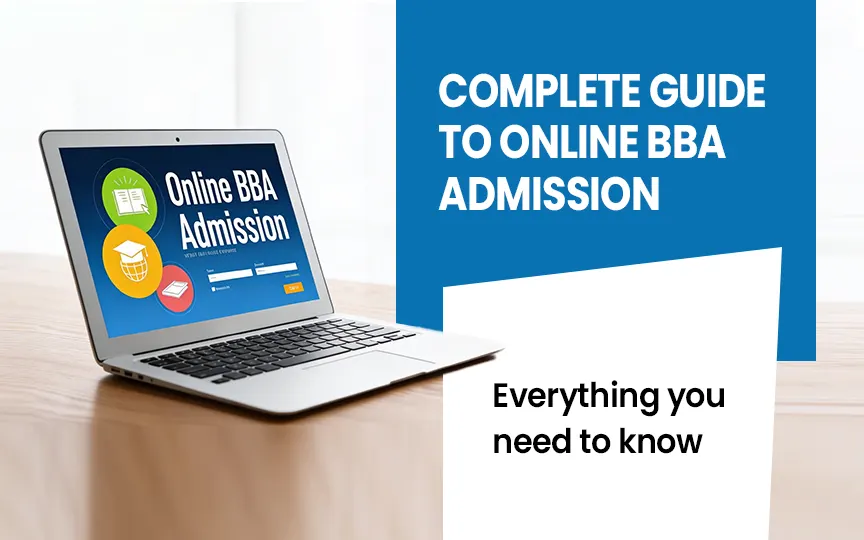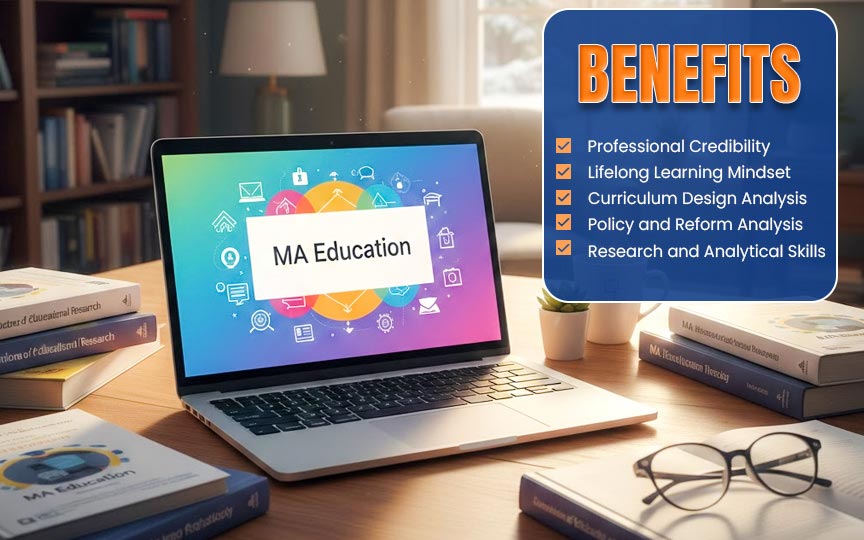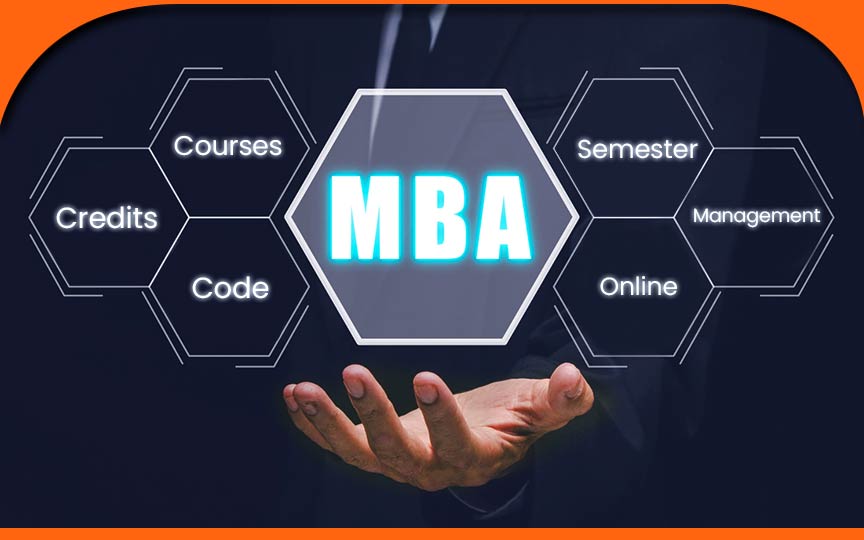- National Institute of Open Schooling (NIOS):
The National Institute of Open Schooling (NIOS) provides opportunities to interested learners by making available the following Courses/Programmes of Study through open and distance learning (ODL) mode.
- Open Basic Education (OBE) Programme for 14+ years age group, adolescents, and adults at A, B, and C levels equivalent to classes III, V, and VIII of the formal school system.
- Secondary Education Course
- Senior Secondary Education Course
- Vocational Education Courses/Programmes
- Life Enrichment Programmes
- Accreditation: Recognized by UGC, AICTE, and all State Governments in India.
- Courses offered: Secondary (Class 10) and Senior Secondary (Class 12) level courses in various streams like Humanities, Science, Commerce, Vocational, etc. https://www.nios.ac.in/online-course-material.aspx
- Eligibility: 14 years old for the Secondary course and 16 years old for the Senior Secondary course with minimum educational qualifications depending on the program.
- Fees: Affordable fees ranging from ₹500 to ₹2500 depending on the program.
NIOS Headquater reception number: 0120-4089800
Prospectus https://www.nios.ac.in/media/documents/prospectus/2023/Acad_Prospectus_2023-24.pdf
- Board of Open Schooling and Skill Education (BOSSE), Sikkim:
The Board of Open Schooling and Skill Education (BOSSE), Sikkim, is an open schooling board that aims to cater to the varied academic needs of the divergent group of students up to pre-degree level including Secondary/Senior Secondary, skill, and vocational education. BOSSE is an open schooling education board in Sikkim, it was established under Act No. 14 of 2020 of the Sikkim Legislative Assembly, passed on 21-09-2020, according to the Sikkim Act 2020 to promulgate and disseminate open schooling education at the state & national levels.
Accreditation: Recognized by NIOS and other State Governments.
Courses offered: Secondary (Class 10) and Senior Secondary (Class 12) level courses in various streams and skill development programs.
Eligibility: 14 years old for the Secondary course and 16 years old for the Senior Secondary course with minimum educational qualifications depending on the program.
Fees: Varies depending on the program.
Contact Details: 03592-295335
+91-89298-66940 (10 am to 6 pm)
- Bihar Board of Open Schooling and Examination (BBOSE):
- Accreditation: Recognized by the Bihar School Examination Board (BSEB).
- Courses offered: Secondary (Class 10) and Senior Secondary (Class 12) level courses in various streams.
- Eligibility: 14 years old for the Secondary course and 16 years old for the Senior Secondary course with minimum educational qualifications depending on the program.
- Fees: Affordable fees set by the Bihar Government.
Contact details: Admission Student Support Service (SSS): 0612-2385492
Exam Cell: 0612-2385490
CEO Cell, BBOSE : 0612-235491
- West Bengal Council of Rabindra Open Schooling (WBCROS)
As formal education could not reach out to all sections of society covering all categories of people, the Open Learning System makes it possible to include different sections of men and women of different age groups. To meet the need for an Open Learning System State Open Schools came up as a wing of the School Education Department in 1997. Renamed as Rabindra Mukta Vidyalaya (RMV)in 1998, it grew into a Statutory Organization with effect from 1st August 2001 based on Rabindra Mukta Vidyalaya Act, 2001, passed by the West Bengal State Legislature. The Act has been amended first in 2002 and next in February 2006. The amended Act has come into effect from the 1st January 2007. According to the amendment of February 2006, the Rabindra Mukta Vidyalaya has been renamed as the West Bengal Council of Rabindra Open Schooling (WBCROS).
- Accreditation: Recognized by the West Bengal Board of Secondary Education (WBBSE).
- Courses offered: Secondary (Class 10) and Senior Secondary (Class 12) level courses in various streams.
- Eligibility: 14 years old for the Secondary course and 16 years old for the Senior Secondary course with minimum educational qualifications depending on the program.
- Fees: Affordable fees set by the West Bengal Government.
Contact: 033-2321-3261
5. A.P. Open School Society (APOSS):
- Accreditation: Recognized by the Andhra Pradesh Board of Intermediate Education (BIEAP).
- Courses offered: Secondary (Class 10) and Senior Secondary (Class 12) level courses in various streams.
- Eligibility: 14 years old for the Secondary course and 16 years old for the Senior Secondary course with minimum educational qualifications depending on the program.
- Fees: Moderate fees set by the Andhra Pradesh Government.
- Land Line No: 0863-2239151
6. Maharashtra State Board of Secondary and Higher Secondary Education (MSBSHSE):
The Maharashtra State Board of Secondary & Higher Secondary Education, Pune 411004 is an Autonomous Body established under the provisions of the Maharashtra Act No. 41 of 1965. The Maharashtra State Board of Secondary & Higher Secondary Education conducts the HSC and SSC Examinations in the state of Maharashtra through its nine Divisional Boards located at Pune, Mumbai, Aurangabad, Nasik, Kolhapur, Amravati, Latur, Nagpur and Ratnagiri.
- Accreditation: Recognized by itself.
- Courses offered: Secondary (Class 10) and Senior Secondary (Class 12) level courses in various streams.
- Eligibility: 14 years old for the Secondary course and 16 years old for the Senior Secondary course with minimum educational qualifications depending on the program.
- Fees: Moderate fees set by the Maharashtra Government.
Contact No. : 020-25651751
020-25651750
7. Karnataka Secondary Education Examination Board (KSEEB):
The primary education board in Karnataka is known as the Karnataka Secondary Education Examination Board or KSEEB. It was founded in the year 1966 to conduct SSLC exams, PUC exams, and other state-level exams. The KSEEB is responsible for overseeing and managing different aspects of school education in the state of Karnataka.
- Accreditation: Recognized by itself.
- Courses offered: Secondary (Class 10) and Senior Secondary (Class 12) level courses in various streams.
- Eligibility: 14 years old for the Secondary course and 16 years old for the Senior Secondary course with minimum educational qualifications depending on the program.
- Fees: Moderate fees set by the Karnataka Government.
Contact: 080-23369154, 080-23445579
8. Kerala Board of Public Examination (KBPE):
The regulation of intermediate and higher education in Kerala is overseen by KBPE or the Kerala Board Of Public Examinations, which operates under the Ministry of Secondary Education in Kerala. Classes 1 to 12 exams in the state are conducted by the board, which is also responsible for determining the syllabus and selecting textbooks.
- Accreditation: Recognized by itself.
- Courses offered: Secondary (Class 10) and Senior Secondary (Class 12) level courses in various streams.
- Eligibility: 14 years old for the Secondary course and 16 years old for the Senior Secondary course with minimum educational qualifications depending on the program.
- Fees: Moderate fees set by the Kerala Government.
Contact: 0471-2546806 / 0471-2546832
9. Madhya Pradesh State Open School (MPSOS):
- Accreditation: Recognized by the Madhya Pradesh Board of Secondary Education (MPBSE).
- Courses offered: Secondary (Class 10) and Senior Secondary (Class 12) level courses in various streams, along with skill development programs.
- Eligibility: 14 years old for the Secondary course and 16 years old for the Senior Secondary course with minimum educational qualifications depending on the program.
- Fees: Affordable fees set by the Madhya Pradesh Government.
Contact: 0755-2552106
Remember, it’s crucial to thoroughly research each board’s accreditation, course offerings, eligibility requirements, and fees before making a decision. The best open school board for you will depend on your individual needs and goals.
Please note: Fees and course offerings may change, so it’s always best to visit the official website of each board for the latest information.

